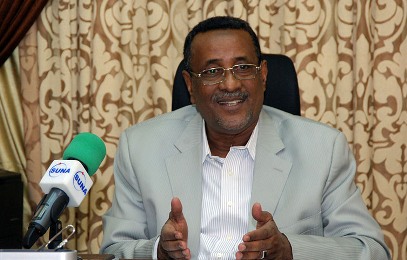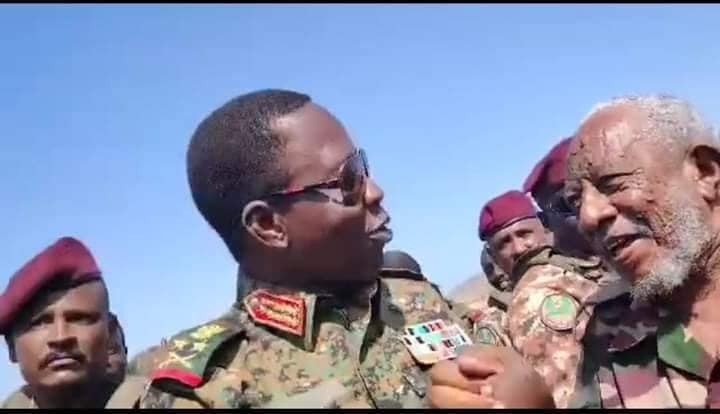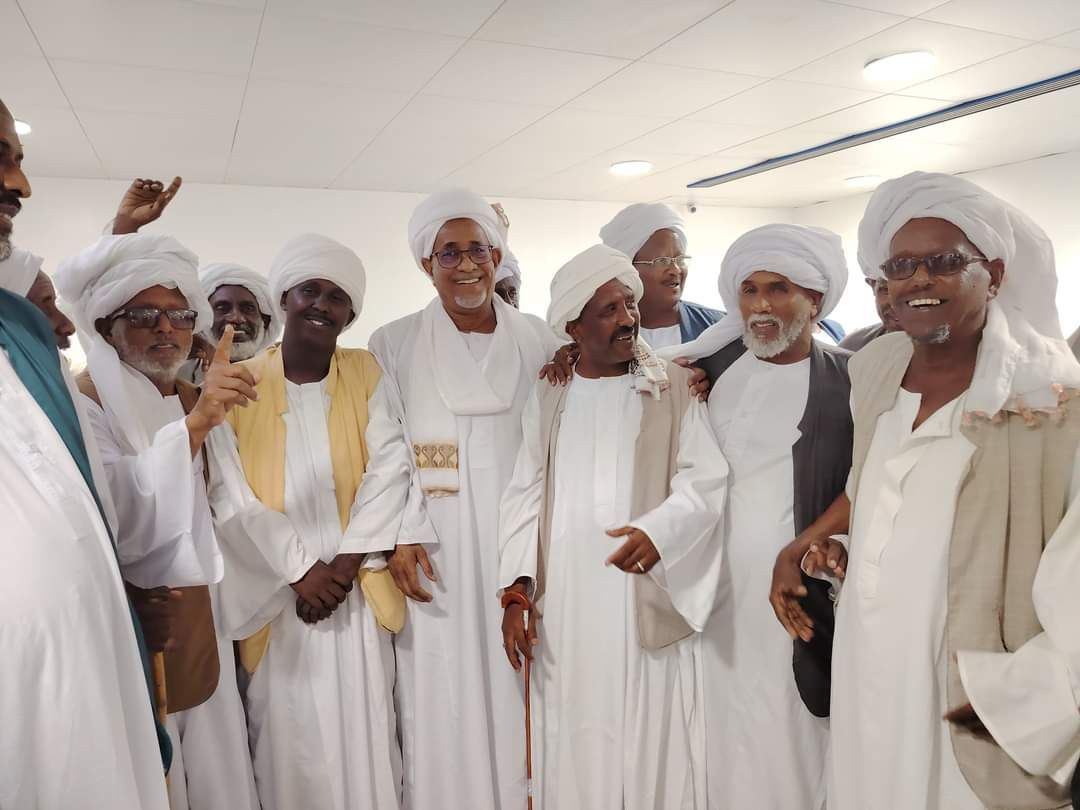Islamists in Sudan, testing the waters for a comeback
11 October 2024
This week, prominent Islamist leaders from the former, ousted National Congress Party (NCP) made a public appearance in the army-controlled areas of Sudan. The surprise appearances coincide with an escalation of army operations in Khartoum North and Sennar State.
On Monday, Ibrahim Mahmoud Hamid, the head of the dissolved National Congress Party, arrived in Port Sudan, the administrative capital of the de facto army government. He met with local leaders from the region, including Sheiba Darrar, a tribal leader who leads an armed faction.
In an impromptu speech upon his arrival, Ibrahim Mahmoud, the acting head of the dissolved National Congress Party and former interior minister during the rule of ousted NCP leader Omar al-Bashir, accused the Rapid Support Forces (RSF) of committing genocide against civilians in El Geneina and terrorising citizens in other areas. He expressed his allegiance to the armed forces and thanked joint forces and volunteers in the fighting, asserting that nations should not fear the U.S. or Israel. “Afghanistan, led by the Taliban, defeated 35 allied nations due to their adherence to Islam,” and referenced Sudan being forced to sign the Abrahamic Accords with Israel.
At the same time, Ahmed Abbas, the former governor of Sennar State and known for his political hardline Islamist stance, appeared on a platform alongside Lt. Gen. Shams al-Din Kabbashi, the deputy commander of the army and member of the Sovereignty Council.

Approaching Power
Members of the civilian opposition remain wary of these developments and see this as another sign of the army’s intentions of re-instating the NCP into Sudan. In April 2019, the popular revolution in Sudan culminated in a sit-in near the army’s general command and helped topple the dictatorship of former president Omar al-Bashir.
“The arrival of Ibrahim Mahmoud Hamid, the head of the dissolved party, in Port Sudan and the appearance of former Sennar governor Ahmed Abbas in Jebel Moya with Kabbashi is a prelude to their return to power,” says Khalid Omar Yousif, former Minister of Cabinet Affairs and a member of the civilian “Taqaddum” (meaning “progress’ in Arabic) movement.

Testing the waters
Political analyst Ahmed Mukhtar said the Islamic movement deliberately presented some leaders to test public acceptance, especially in areas under army control. This coincides, Mukhtar says, with political developments, including the recent arrest of a “Taqaddum” member in Port Sudan.
Hassan Mohammed Ali, a member of the resistance committees in southern Khartoum, the civilian movement that helped oust Bashir, agrees. Ali believes the National Congress Party is testing Sudanese public opinion by bringing some of its second-tier leaders to the forefront. The return of the dissolved National Congress Party is imminent, he added, “with the possibility of annulling the constitutional document, which would reverse the 2020 decision to dissolve the party.”
Political analyst Musab Abdullah noted that the reception of Ibrahim Mahmoud in Port Sudan was largely tribal and social, as he is expected to participate in a crucial Islamic movement conference. Two factions—one under the leadership of Ali Karti and the other under Nafie Ali Nafie—will clash at this conference, Abdullah said. The return of the dissolved party and the internal conflict within the Islamic movement are seen as heightening the risk of turning the conflict into a civil war due to intense polarisation.


